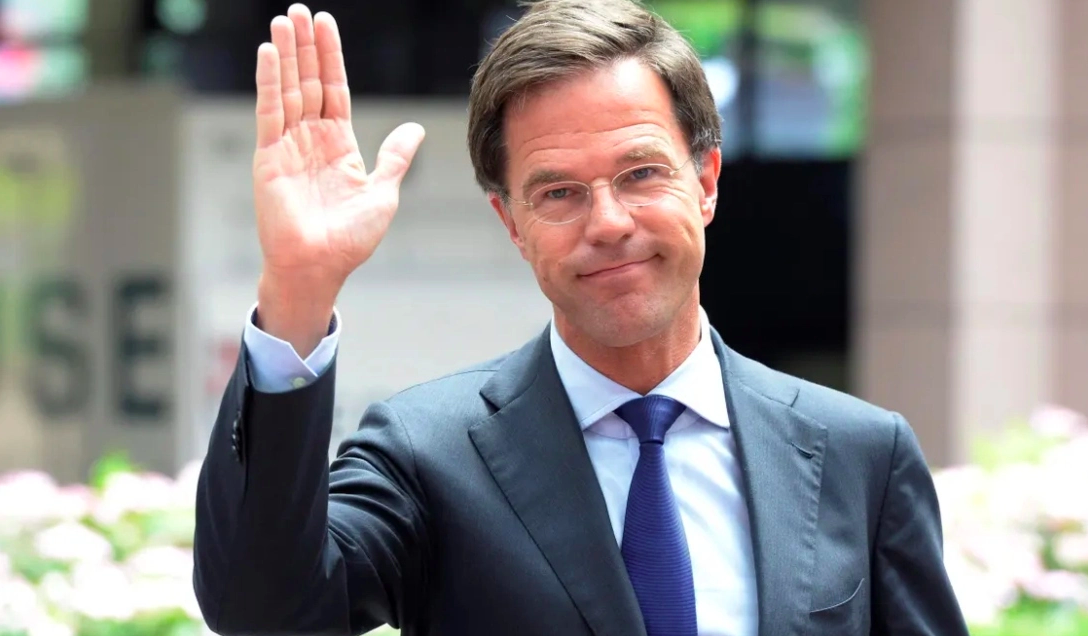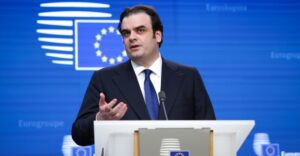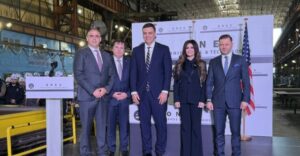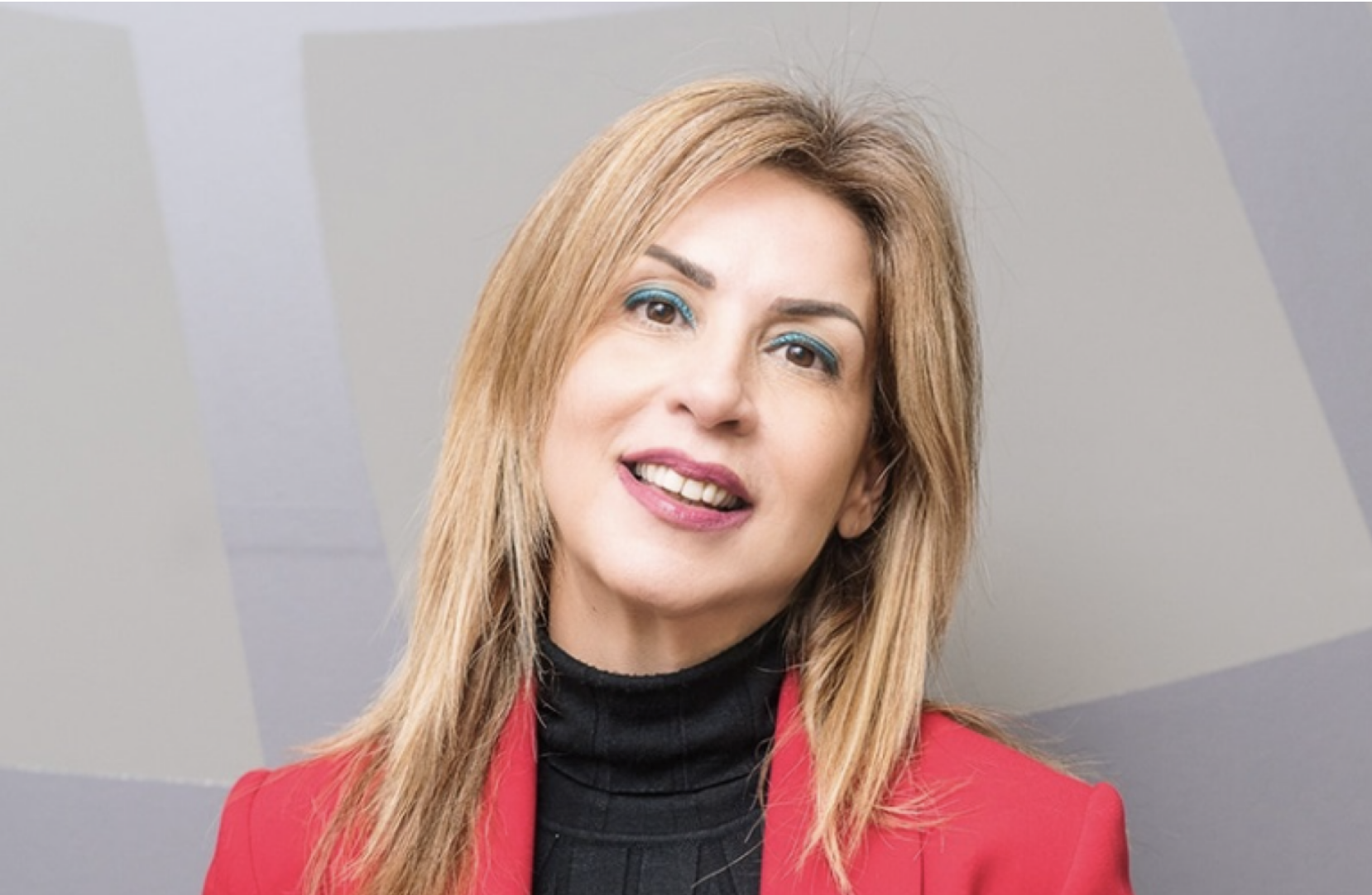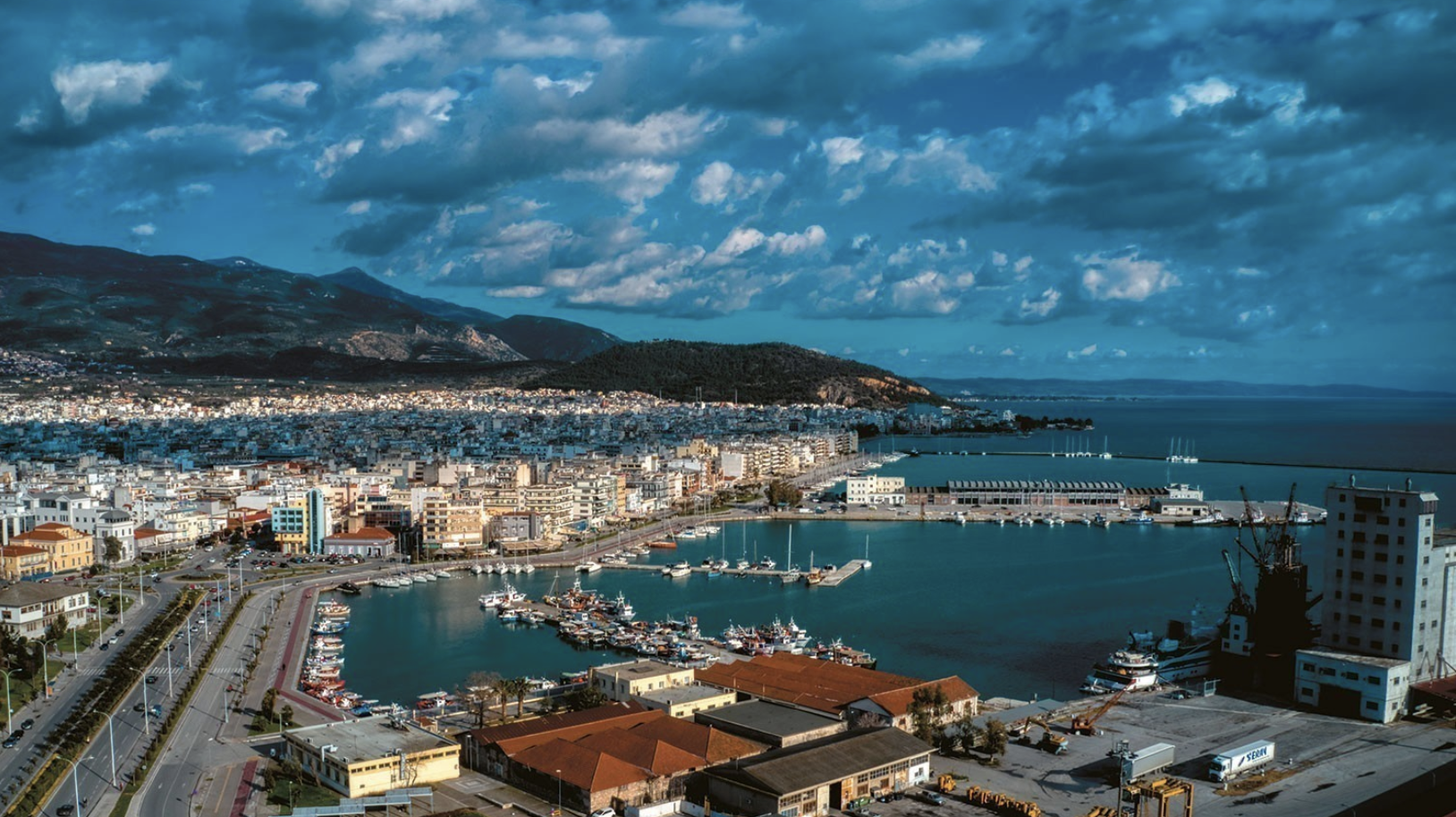Mark Rutte, selected as the new NATO Secretary General, is a staunch critic of Russian President Vladimir Putin and a dedicated supporter of Ukraine. His nearly 14 years as the Dutch Prime Minister have honed his ability to broker concessions.
“I know I will leave NATO in good hands,” outgoing Secretary General Jens Stoltenberg said on Twitter. “Mark is a true champion of transatlantic relations, a strong leader, and a consensus builder,” he added.
Ukraine responded positively, with Andriy Yermak, the head of the presidency, commenting, “Your leadership and commitment to democratic principles are critical to our common future.” Yermak thanked Rutte for his “unwavering support” to Kyiv.
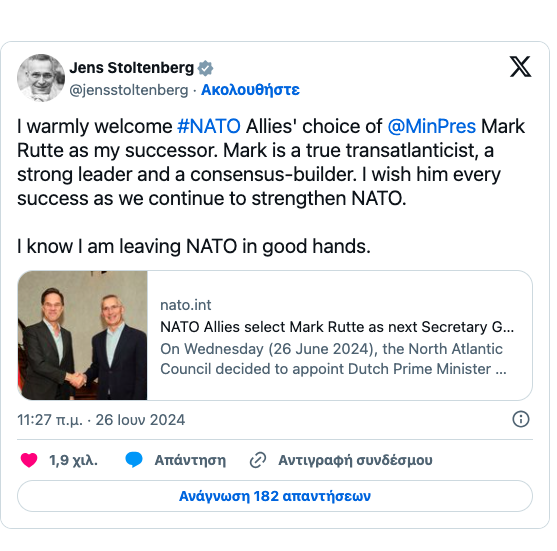
European Commission President Ursula von der Leyen also remarked, “Your leadership and experience will be crucial for the Alliance at this difficult time.”
Rutte, 57, has been a driving force behind Europe’s military support for Ukraine since Russia’s invasion, emphasizing that Moscow’s defeat is vital to ensuring peace in Europe. His stance has been significantly shaped by the downing of flight MH17 over Ukraine in 2014, for which the Netherlands blames Russia, with 196 of the 298 victims being Dutch.
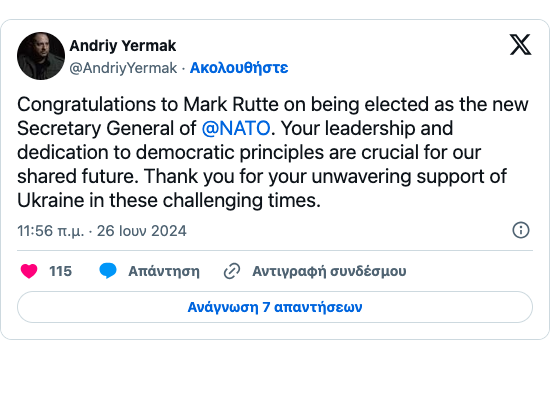
Rutte has stated that NATO must be strong to confront Russia and warned EU leaders against being naive about Moscow. “He won’t stop in Ukraine if we don’t stop him now. The war is bigger than Ukraine. It is about maintaining the international rule of law,” he told the UN in September 2022, seven months after the Russian invasion.
Having become the Netherlands’ longest-serving prime minister since taking office in 2010, Rutte announced his plans to retire from domestic politics last year. The MH17 tragedy propelled him from focusing primarily on Dutch politics to playing a significant role on the international stage, particularly in discussions on immigration, debt, and the COVID-19 pandemic response.
Under Rutte’s leadership, the Netherlands increased its defense spending above 2% of GDP as per NATO requirements, provided military support to Kyiv, and invested heavily in its own defense.
Rutte will assume NATO leadership after Jens Stoltenberg steps down in October, following nearly a decade in the role. Stoltenberg’s tenure saw NATO gain new members, including Montenegro, North Macedonia, Finland, and Sweden.
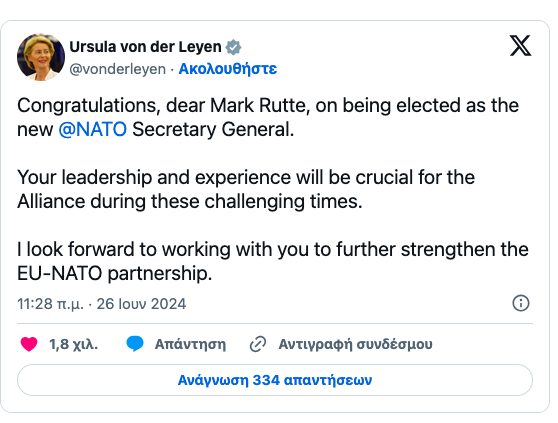
Rutte, who will take over the new Dutch government on July 2, has lived in The Hague all his life and has hinted at a post-political career in teaching. However, he cited the war in Ukraine as a reason for pursuing an international role. An ardent supporter of Ukrainian President Volodymyr Zelensky, whom he met five years ago in Kyiv, Rutte praised Zelensky’s leadership and mission.
Despite warnings about Putin’s threat, Rutte has suggested that the Russian president may not be as powerful as perceived. “You are overestimating Putin’s mental abilities. I have talked to him a lot. He is not a strong man,” he stated in a parliamentary session in April.
Last year, Rutte led an international coalition to deliver F-16s to Ukraine and train Ukrainian pilots. In his final months as prime minister, he signed a 10-year defense agreement with Ukraine, ensuring ongoing Dutch support.
Rutte’s strong relationships with politicians in Britain and the US, along with his experience, make him a capable European leader ready to address potential challenges, including the possible re-election of Donald Trump. His call for increased defense spending and munitions production highlights his proactive approach, regardless of the outcome of US elections.
Ask me anything
Explore related questions
